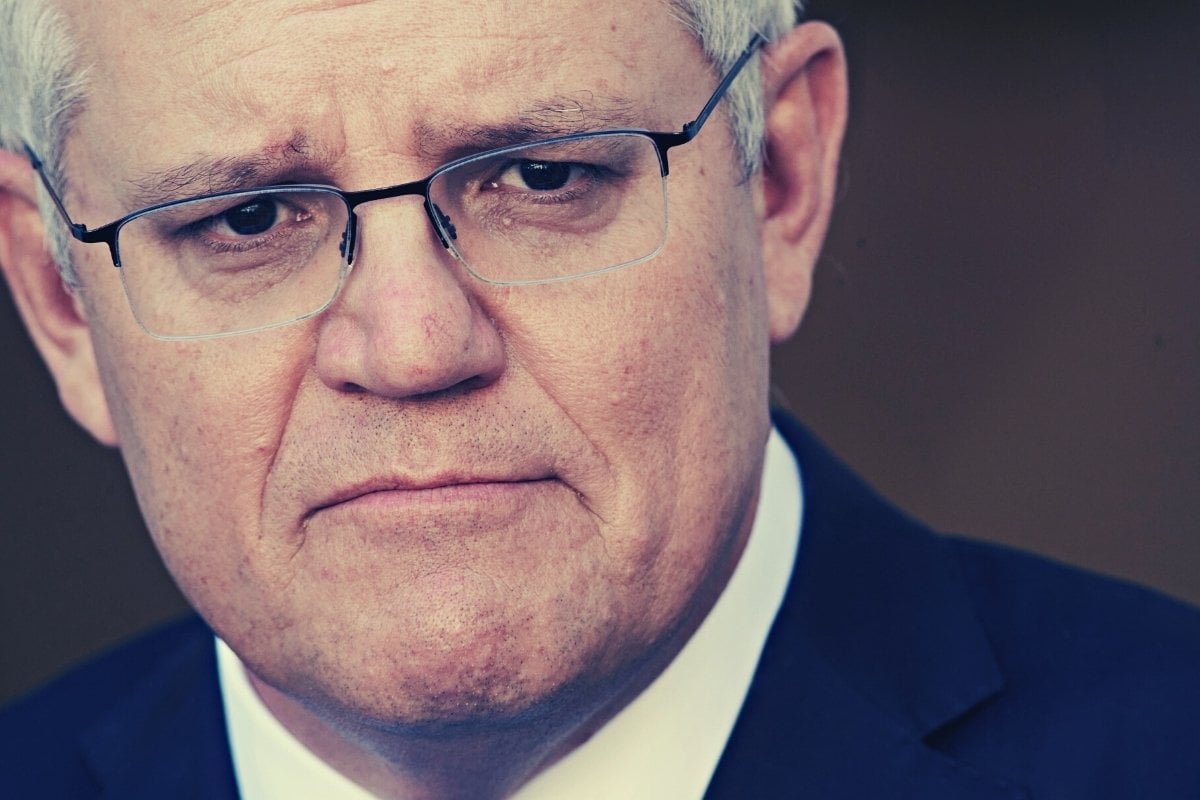
The Windsors are typically tight-lipped on political matters. It's considered a cornerstone of the British monarchy that both the sovereign and her family remain entirely neutral.
But overnight, Prince Charles could barely hide his bewilderment when he learned Australian Prime Minister Scott Morrison may be a no-show at the COP26 climate summit in Glasgow next month.
The heir to the throne and long-standing environmentalist was informed during a BBC interview that the Aussie PM "isn't even certain that he can make it" to the critical meeting.
The Prince stopped in his tracks and turned to the interviewer. "Is that what he says, is it?"
Watch: Prince Charles reacts to Scott Morrison's potential absence from the Glasgow climate summit.
The country's future head of state then continued with a message for world leaders — not naming any names, of course — about why they really should attend.
"This is a last chance saloon. Literally. If we don’t really take the decisions that are vital now, it’s going to be almost impossible to catch up," he said.




























































































